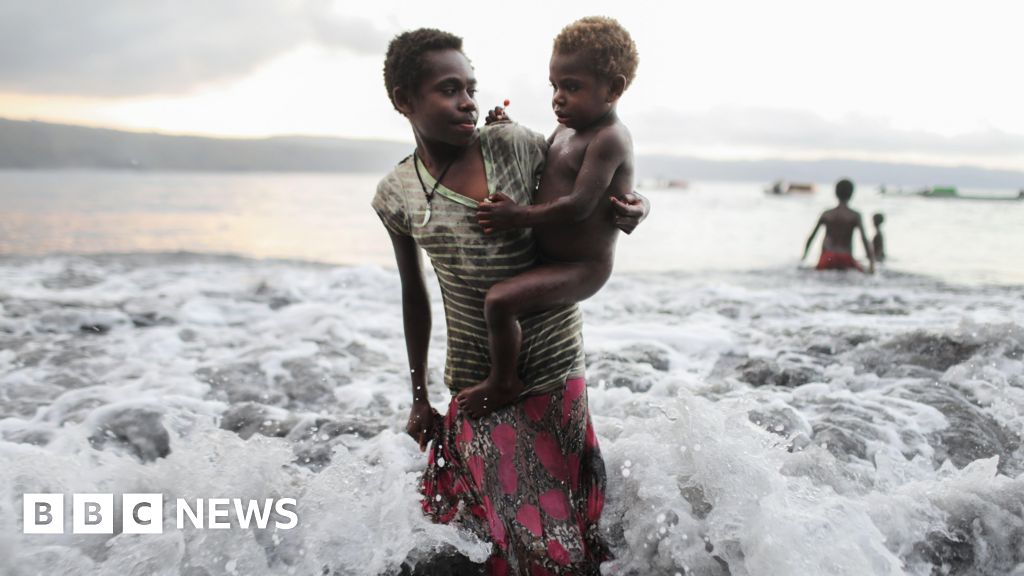International Court Weighs In On Climate Change: Could This Decision Change Everything?
The eyes of the world are on The Hague this week as the International Court of Justice (ICJ) hears arguments in a landmark case that could reshape the global fight against climate change. Initiated by the Pacific island nation of Vanuatu, the case seeks a definitive legal opinion on the obligations of nations to protect the planet from the devastating impacts of greenhouse gas emissions.
Vanuatu, a nation acutely vulnerable to rising sea levels and increasingly severe weather events, has felt the brunt of climate change firsthand. Last year, the country declared a six-month state of emergency after being ravaged by back-to-back cyclones, which impacted 80% of its population. “We are on the frontline of climate change impact,” declared Ralph Regenvanu, Vanuatu’s special envoy, in the lead-up to the hearing. “Our call for an advisory opinion from the ICJ on climate change is at a pivotal moment… one that sets clear the international legal obligations for climate action.”
The case, propelled by the urgency of Vanuatu’s situation, seeks answers to two critical questions:
- What are the legal responsibilities of countries under international law to safeguard the Earth’s climate from the harmful effects of greenhouse gas emissions?
- What are the legal repercussions when a nation’s actions, or inaction, contribute to significant damage to the global climate system and environment?
While the ICJ’s ruling isn’t legally binding, its implications could be profound. Countries seeking financial compensation for climate-related losses could leverage the court’s opinion in their legal battles. The ICJ’s decision could also influence landmark climate negotiations and shape international climate policy for generations to come.
The hearing, which began this week and continues through December 13th, will feature testimony from nearly 100 countries. World powers like the United States and China, along with representatives from OPEC, will present their arguments. The ICJ is expected to deliver its opinion in 2025.
This case unfolds against a backdrop of international frustration. Only a week ago, the COP29 climate summit concluded in Azerbaijan with a commitment from wealthier nations to provide $300 billion annually in climate financing by 2035. Developing nations, already bearing the brunt of climate change impacts, deemed this amount grossly inadequate.
For the U.S., the ICJ’s decision carries significant implications. As a leading emitter of greenhouse gases, the U.S. could face increased pressure to take more aggressive action on climate change and potentially be held liable for climate-related damages in other countries. The court’s ruling could also influence domestic climate policy debates and potentially lead to new legislation aimed at reducing emissions and addressing climate justice concerns.
